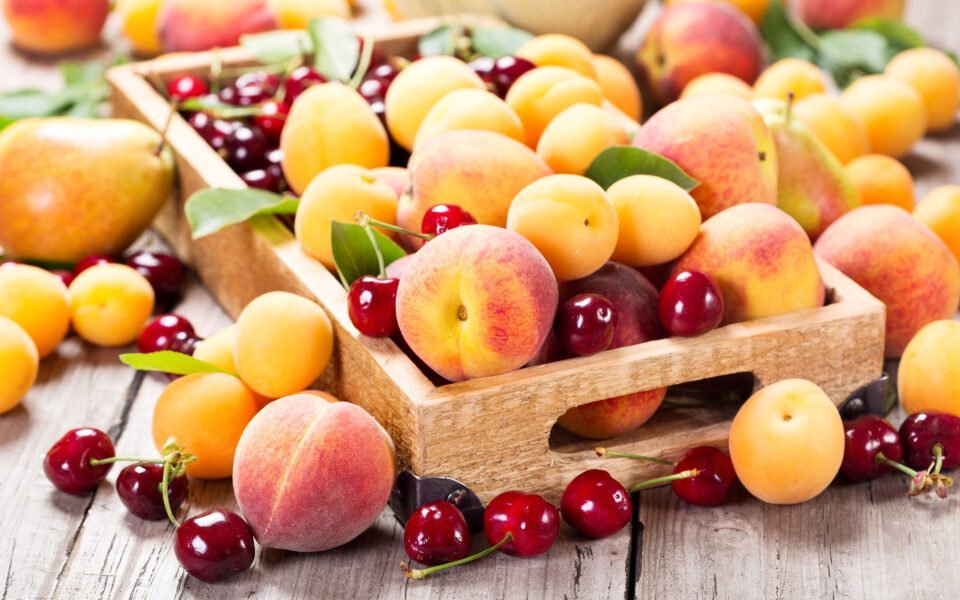Representatives of the organizations of agricultural producers of Moldova ask the government to initiate negotiations with the European Commission on maintaining the duty-free quotas increased last year for the supply of Moldovan agrifood products to the EU in 2023, EastFruit reports. According to preliminary estimates, these quotas were not selected in 2022 for any of the commodity items of the fruit and vegetable group.
As EastFruit reported, at the beginning of last summer, the European Commission and the European Parliament agreed to expand quotas for preferential supplies of Moldovan produce to the EU in 2022: plums – from 15 000 to 40 000 tonnes, table grapes – from 20 000 to 58 000 tonnes, apples – from 40 000 to 80 000 tonnes, cherries – from 1 500 to 3 000 tonnes, tomatoes – from 2 000 to 4 000 tonnes, garlic – from 220 to 440 tonnes, grape juice – from 500 to 1 000 tonnes. But many experts expressed doubts then that due to the likely decrease in the yield of many fruit crops because of drought, many of these quotas would not be fully used.
Read also: Moldovan exporters should not count on duty-free fruit exports to Egypt in the near future
According to many experts, the situation with Moldovan exports to the EU may change significantly in 2023. Until now, the weather conditions for the fruit-growing sector of Moldova have been very favorable (although February and March are the months of the biggest climate risks). However, the future harvest of fruits and grapes may be large. Meanwhile, the exports of Moldovan agrifood products to the CIS markets are likely to be extremely problematic this year, as it was last year. Given all this, attempts to increase exports to the EU seem reasonable and possible.
Moldovan fruit growers also offer the Ministry of Agriculture and Food Industry and the Ministry of Economy to send a request to the European Commission to expand the list of goods subject to duty-free quotas, namely, to include apricots. Until now, only partial preferences apply to the export of Moldovan apricots to the EU countries – there is a special fixed duty, but the ad valorem component of the customs duty (20%) is not charged. At the same time, the exports of apricots from Moldova have been growing noticeably over the past two years.
The use of the site materials is free if there is a direct and open for search engines hyperlink to a specific publication of the East-Fruit.com website.




